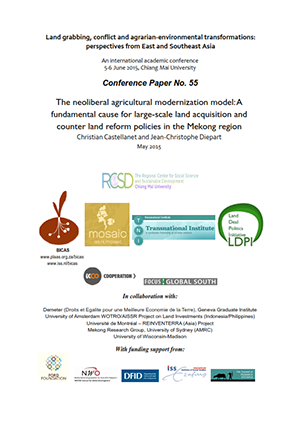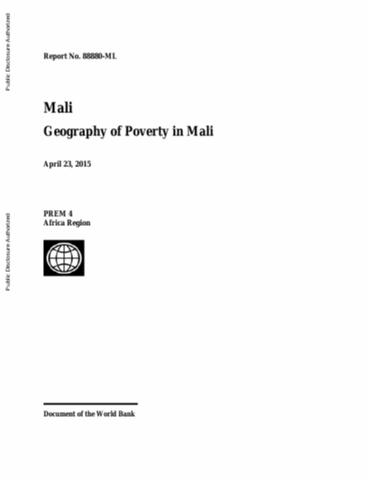Fish, Rice and Agricultural Land Use in Myanmar: Preliminary findings from the Food Security Policy Project
... Food Security Policy Project
Components:
• Value chains and livelihoods research
• Mon State rural livelihoods and economy survey
• Fish value chain
• Other product and input value chains assessments
• Policy Advising (e.g. Mon State Rural Development
Strategy)
• Training and Outreach...




